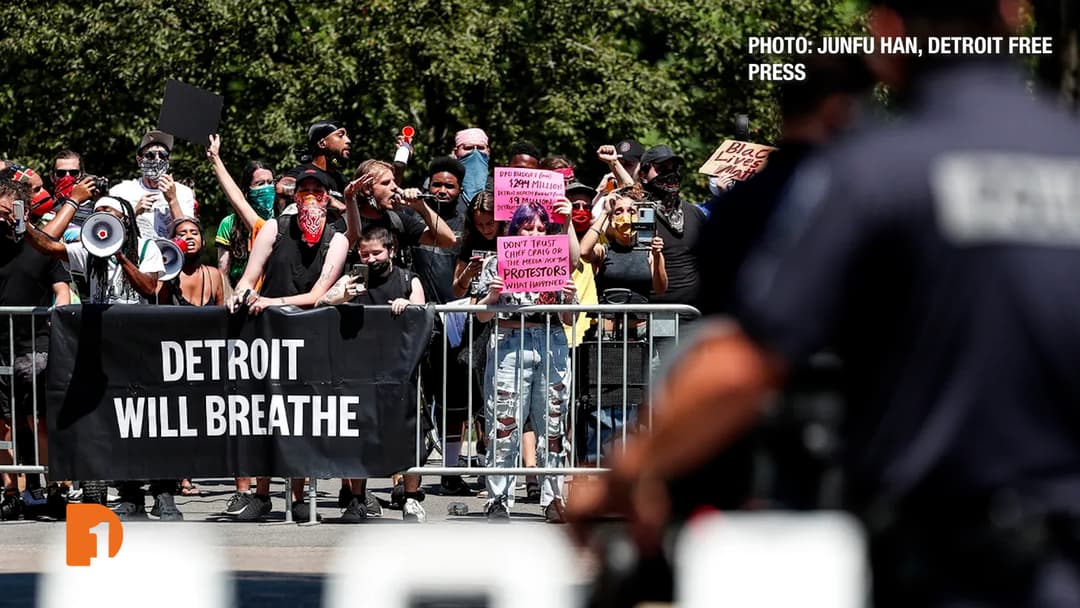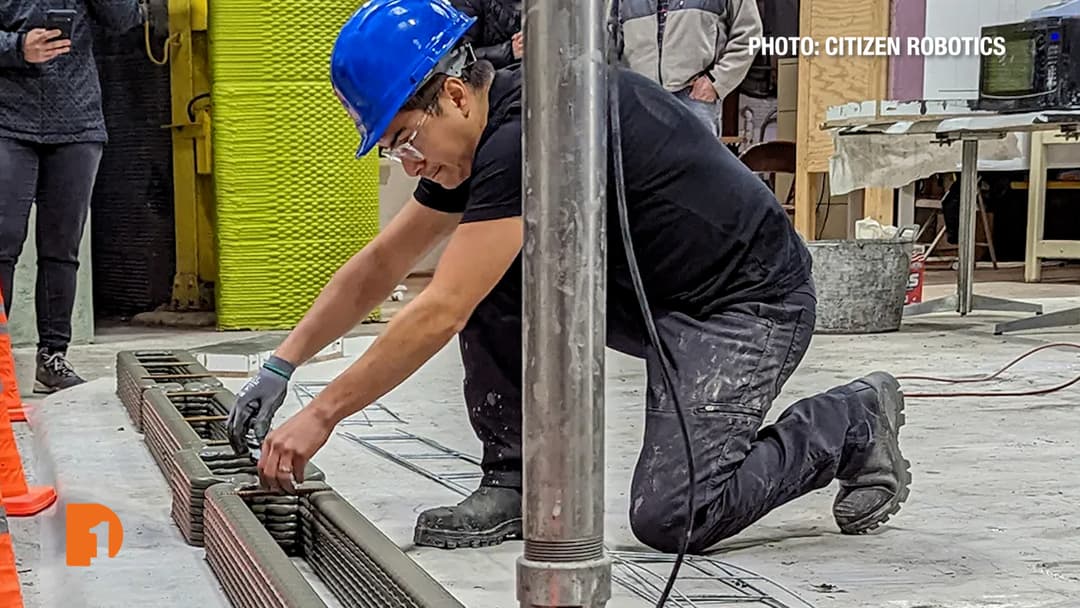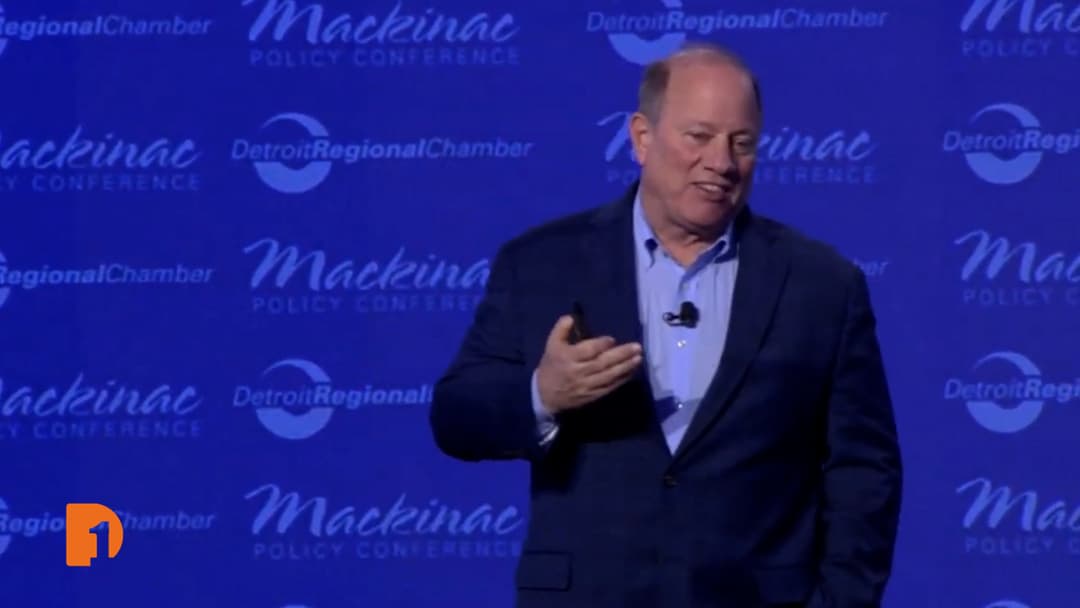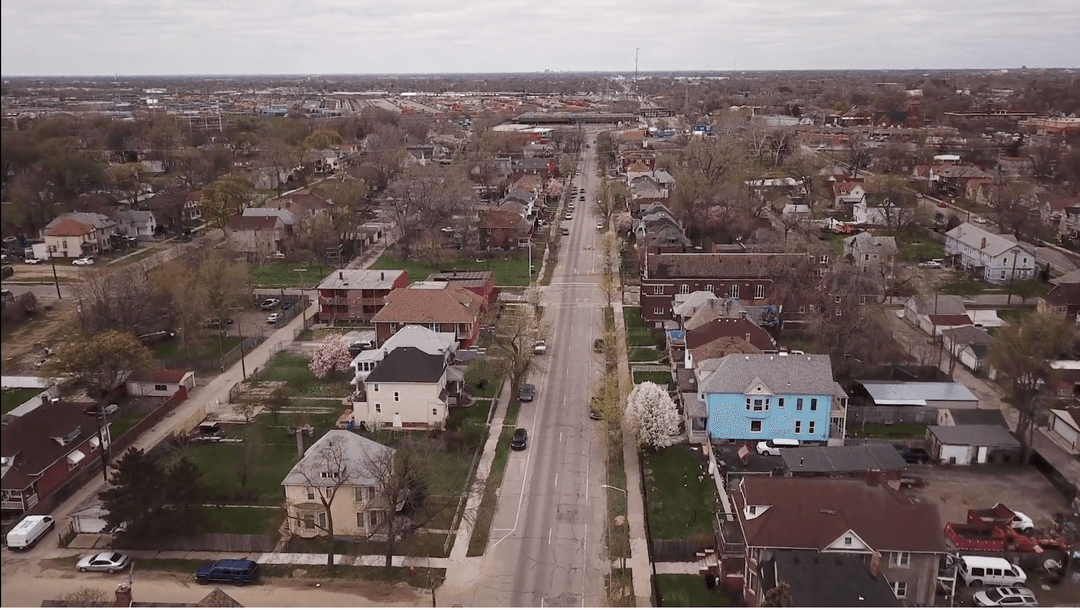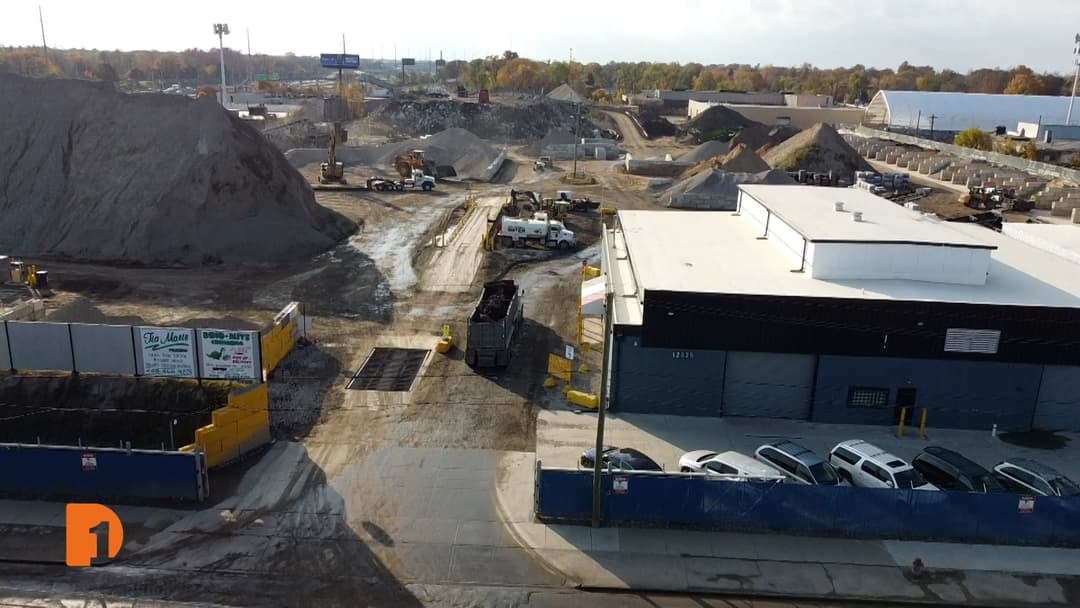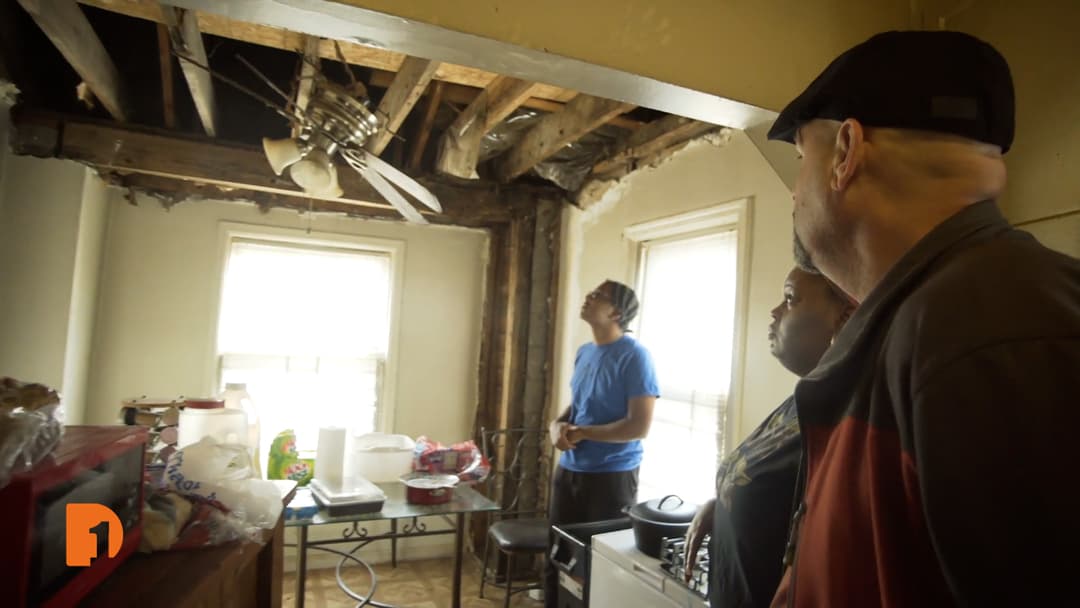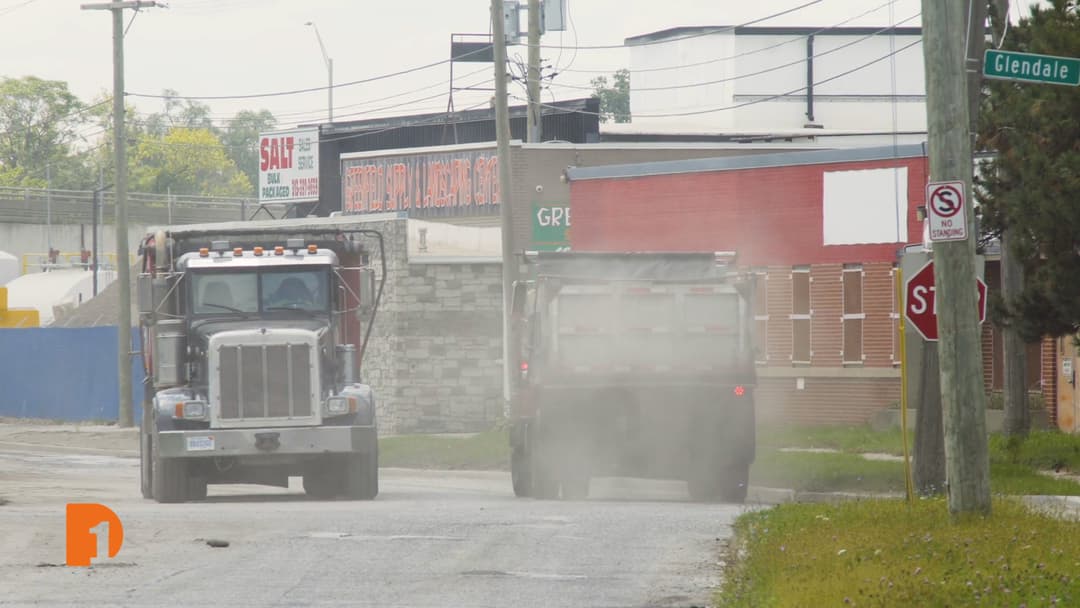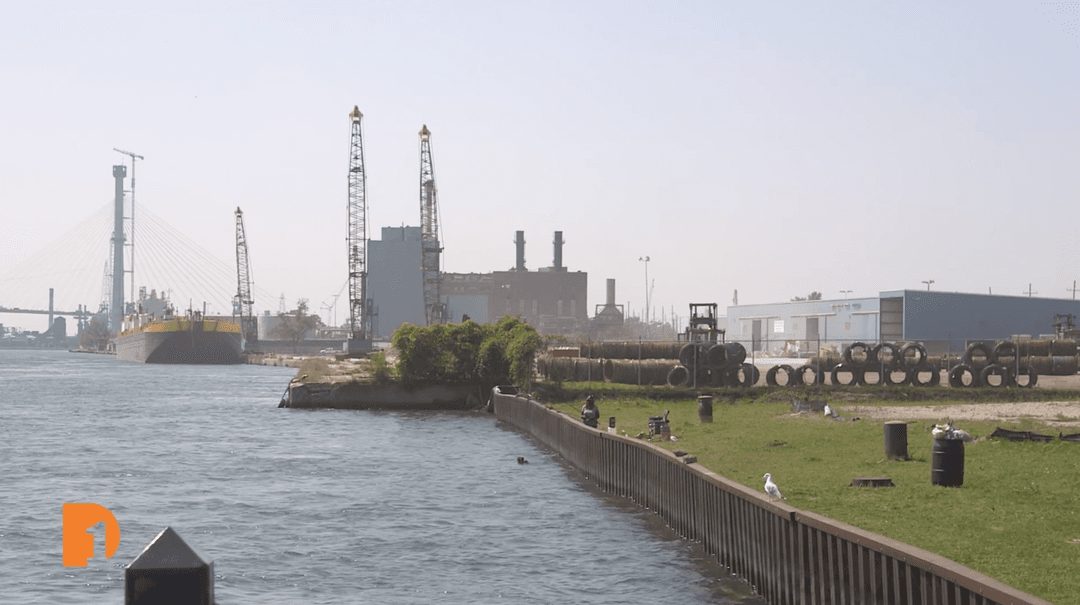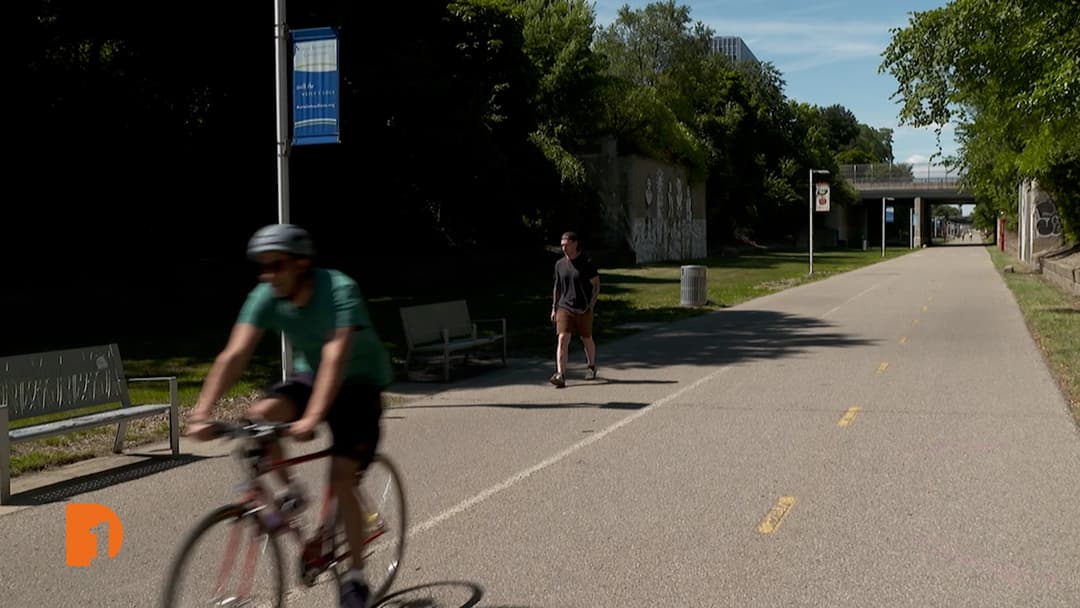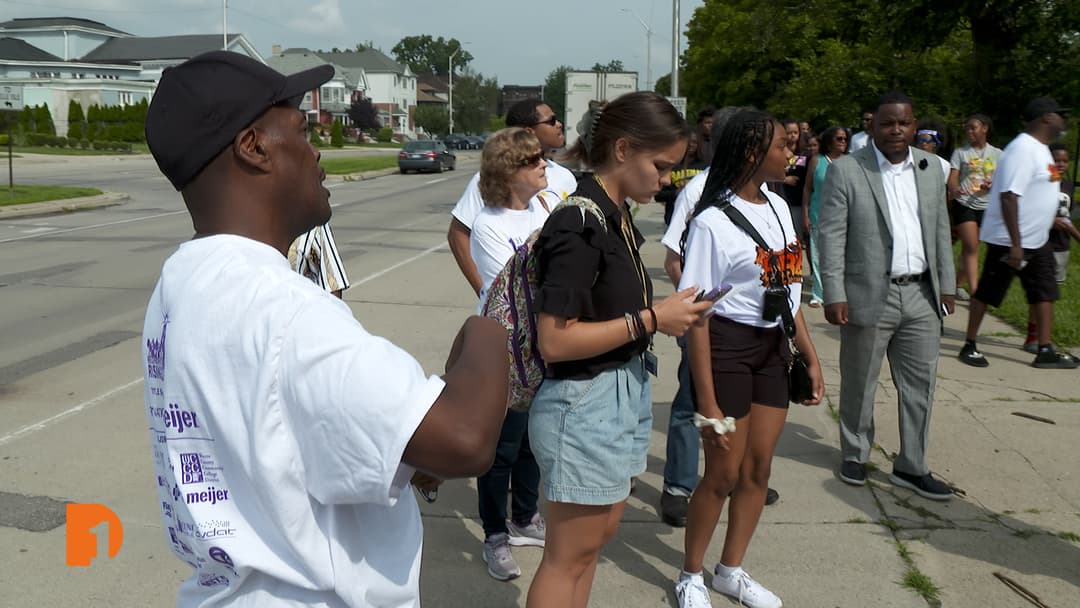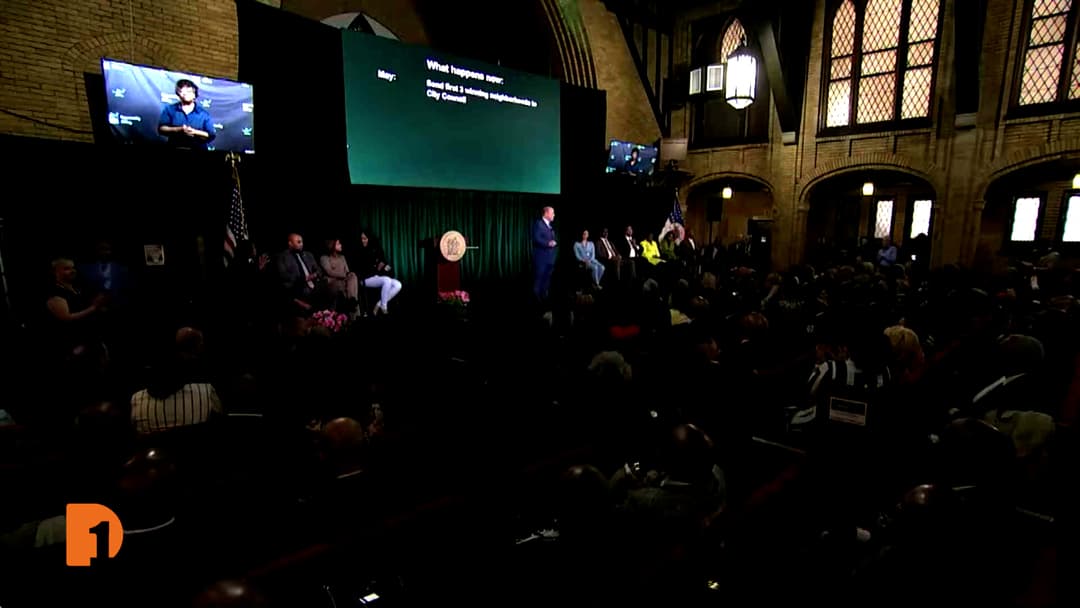Detroit has an air pollution problem, and it’s impacting climate change, residents’ health
Apr 20, 2023
On a sunny spring day in Detroit, residents are likely spending time outside, taking in the fresh air, but for some residents across the city the air isn’t so fresh. On the city’s southeast side, resident and activist Robert Shobe chooses to stay inside most days to avoid breathing in the polluted air from a Stellantis assembly plant less than 500 feet from his backyard.
In Southwest Detroit’s 48217 ZIP code, noted as being among the most polluted areas in Michigan, long-time environmental activist and Detroiter Theresa Landrum said residents are surrounded by more than 42 major and minor polluting sources, which have been connected to a breadth of health issues from cancer to heart disease and diabetes and contribute to global climate change.
In recognition of Earth Month, One Detroit contributor Bryce Huffman sat down with the two environmental activists to talk about how air pollution and poor air quality have an impact both on climate change and residents’ overall health.
RELATED: Weathering the floods: Detroit neighborhood faces uncertain future due to climate change
RELATED: Local environmental advocates step up to fight climate’s impact on Black Detroiters
Plus he talks with two city officials who are part of the city’s Office of Sustainability — the office’s new Director of Sustainability Jack Akinlosotu and Detroit’s Chief Strategy Officer Trisha Stein, who oversees the Sustainability office — about the efforts the city officials are putting in to reduce air pollution and improve the city’s air quality.
Full Transcript:
Bryce Huffman, BridgeDetroit, Reporter: It’s a sunny spring day on Detroit’s southeast side. Most people would spend time outside to enjoy it, but not Detroiter and activist Robert Shobe. He’s staying inside to avoid breathing the polluted air outside of his home.
Robert Shobe, Activist, Justice for Beniteau: I’m afraid to go outside and just breathe my air or do anything to that degree.
Bryce Huffman: Shobe lives on Beniteau Street and has been in his house for 26 years. His home is less than 500 feet away from a Stellantis assembly plant on Mack. Since the plant was built, Stellantis has been given seven different air quality violations by the Michigan Department of Environment, Great Lakes and Energy. The company has also been fined hundreds of thousands of dollars for these violations.
The 60-year-old Detroiter said he and his neighbors have complained of burning and itching in their eyes and throat, difficulty breathing and even headaches and nausea. Air quality issues contribute to climate change, the long-term change in temperature and weather patterns. Shobe says the issues with air quality got worse when the plant began painting vehicles back in 2021.
Robert Shobe: Well, first noticed the air, a change in the air that would have been in May of 2000… I mean 2019 when they first started. But it was nothing near what it was like when they started painting cars over there.
Bryce Huffman: Protecting his own health and that of his neighborhood has been an ongoing fight for Shobe and the other residents who make up justice for Beniteau. The group’s goal is to hold the city accountable for air pollution and other issues resulting from the Stellantis plant. Representatives from Stellantis did not respond to multiple requests for comment. Shobes says he wishes the fight were over, but he knows he has to look out for his neighborhood’s future.
When you think about future generations growing up with these air pollutants, what concerns you most about that scenario?
Robert Shobe: I’ve been around the United States. I’ve been a lot of places. I’ve been around different plants. It’s standard practice to have a burn between the community. Nobody is 400 feet away from a volatile facility like this. There’s no way. I don’t… I’m no scientist, but I really don’t see how they can make it safe for people this close.
Bryce Huffman: The city’s Eastside residents aren’t the only ones to feel the impacts of air pollution. Southwest Detroit’s 48217 ZIP code is notorious for being among the most polluted areas of the state.
Theresa Landrum, Activist, Southwest Detroit Resident: We’re surrounded by more than 42 major and minor polluting sources, not knowing that the very industry that my father, my brothers, my aunts, my uncles and mom worked at were the very industries that were having an impact on our health as far as air quality.
Bryce Huffman: This is Theresa Landrum, a longtime environmental activist and Southwest Detroiter.
Talk to me about these industry polluters. What have conversations been like trying to make them more energy efficient, make them greener, make them safer for the community?
Theresa Landrum: Industry is here for profit, right? We’re here for survival. So it has not been an easy road to talk to them about their industry’s impact. On the health of the community. We have high rates of cancer, diabetes, heart disease, you name it, we have it here.
We’ve been talking with industry and with the state, as well as the EPA on emission reduction that companies use the best available technology for pollution control. Also, we’ve been talking with the state EPA and industry about alternatives that they can utilize. Don’t go the cheaper method because it’s more profit for your company and your stakeholders and your board members. Look at the very people that you’re impacting.
Bryce Huffman: Landrum has also spoken with companies with a more global presence about their carbon footprint.
Theresa Landrum: Because we know that greenhouse gases are the things that are fueling climate change. We’re in the midst of a climate crisis globally, so we have to look to other countries, other manufacturers, other than the ones that are in our home. Right. To talk to them about a global solution.
Bryce Huffman: Inside the Coleman A. Young Municipal Building is Detroit’s Office of Sustainability. It’s tasked with reducing carbon emissions and improving air quality, among other goals. We sat down with Jack Akinlosotu, the city’s new director of sustainability.
Jack Akinlosotu, Director of Sustainability, Detroit Office of Sustainability: Yeah, I think one of the big things that we do overall is making sure that we’re doing all we can to deploy all of our resources to lower the greenhouse gases for the city. We want to make sure that we’re doing all we can, whether it’s building energy performance or deploying renewable energy across the city. We want to make sure we’re doing everything we can to ultimately lower our greenhouse gas emissions.
Bryce Huffman: We also sat down with the city’s chief strategy officer, Trisha Stein, who oversees the sustainability office.
Why is improving air quality such a big deal for a city like ours and with residents like ours?
Trisha Stein, Chief Strategy Officer, Detroit Office of Sustainability: Yeah, well, it certainly hits the most vulnerable residents the hardest. Climate change and air quality and our rates of asthma and public health are such that need to be addressed and make sure that we have mitigation efforts and it’s applied in an equitable matter.
Bryce Huffman: What is improving air quality look like?
Trisha Stein: Well, one of the things that our Building and Safety Department is doing is really twofold is they just got a grant for some air monitors and hired an air quality specialist. So they are leaning in and figuring out what role they can play to monitor the air. Also, a green buffer. We’ve got a partnership with U.S. Forestry to plant thousands of trees every year around the city. And the mayor wants us to target the most blighted industrial sites to ensure that there is a green buffer.
Bryce Huffman: If you could talk to the Office of Sustainability about what’s going on over here, what would you want to tell them?
Robert Shobe: The first thing you’ve got to do is buy out the people over in here and you’ve got to create a safety burn between whatever residents that’s left. Do a factual study of what was happening here and figure out how to mitigate it from going any further. We know they’re not going to tear down a multibillion-dollar complex for us, but the first thing they could do is get this done right over here.
Stay Connected:
Subscribe to One Detroit’s YouTube Channel & Don’t miss One Detroit Mondays and Thursdays at 7:30 p.m. on Detroit PBS, WTVS-Channel 56.
Catch the daily conversations on our website, Facebook, Twitter @DPTVOneDetroit, and Instagram @One.Detroit
View Past Episodes >
Watch One Detroit every Monday and Thursday at 7:30 p.m. ET on Detroit Public TV on Detroit Public TV, WTVS-Channel 56.
Stay Connected
Subscribe to One Detroit’s YouTube Channel and don’t miss One Detroit on Thursdays at 7:30 p.m. and Sundays at 9 a.m. on Detroit PBS, WTVS-Channel 56.
Catch the daily conversations on our website, Facebook, Twitter @OneDetroit_PBS, and Instagram @One.Detroit
Related Posts
Leave a Reply
Your email address will not be published. Required fields are marked*

